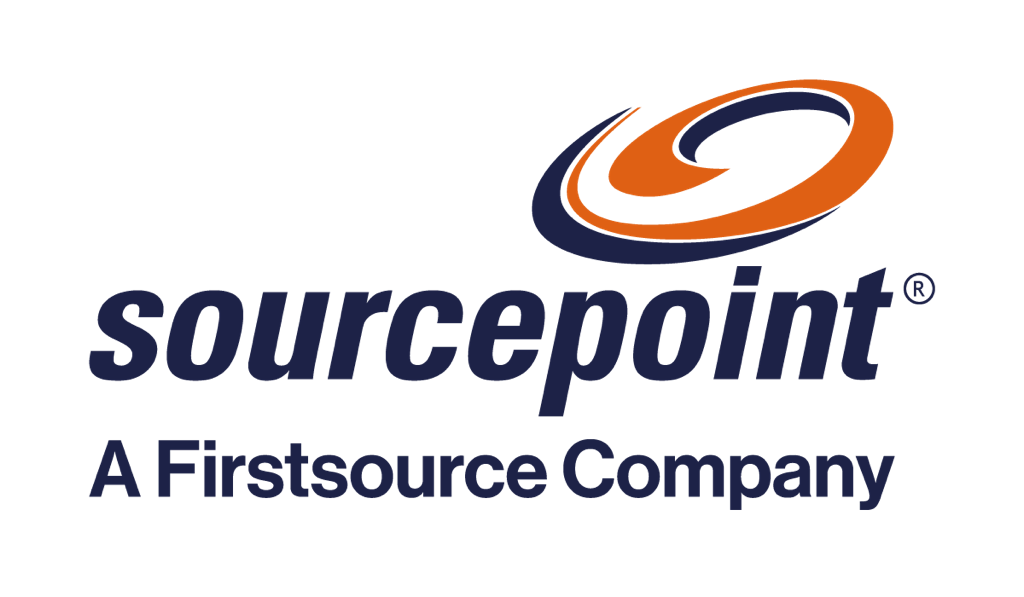Medical coding is a process burdened by compliance risks, legal hassles, and lost revenue when not done right. That’s why medical billing and coding companies need to conduct periodic coding audits to ensure the process functions the way it is meant to. As a service provider, ensure your coding team and their operations undergo regular audits to improve accuracy and efficiency.
What is medical coding audit?
A coding audit is a review of the coding processes of the medical office or practice, usually done by reviewing patient medical records and corresponding codes generated.
This can be done both internally and externally. Experts advise medical billing and coding companies to get a combination of internal and external audits in a year to ensure no issues go unnoticed.
What do coding auditors do?
A coding auditor’s work includes but is not limited to, the following.
- Ensure the right CPT codes are used.
- Check the usage of modifiers and their relevance.
- Identify the addition of diagnoses that don’t satisfy the medical necessity.
- Verify if the claims are backed by the correct documentation.
- Identify bundling issues.
- Identify cluster issues.
- Measure inaccuracies, errors, and other problems affecting the coding process.
- Note if the services rendered and captured are necessary and reasonable.
Benefits of coding audits
As a medical service provider, you could have an in-house coding team or work with third-party medical billing and coding companies. Both ways, you should be ensuring coding audits occur regularly to reap the below benefits.
Identify causes of coding inaccuracies
Sometimes, manual coding errors or errors while calibrating coding tools may lead to low coding accuracies. As a result, one particular type of service could always be coded wrong, or a specific modifier may be added to codes, leading to denials and rejections. An expert auditor can identify these inaccuracies.
Ensure compliance
New coding guidelines are released regularly; what worked a year back may cause errors and denials now. Anytime a significant change in compliance or regulations happens, it would be beneficial to conduct an audit to find compliance gaps and fix them.
Bring down the rate of denials and rejections caused by coding errors
There could be errors in any part of the RCM operations, including coding. Coding audits, when conducted regularly, help identify these errors before they shoot up the denials and rejections rate. Increased denials and rejections will lead to revenue dips and financial instabilities.
Identify the need for learning and training in coders
Sometimes, your coders may need additional training to cope with newer compliance changes or upskill themselves. Coding audits are a great way to identify such needs and intervene at the right time.
Compare coding efficiency with industry standards
Coding inefficiencies could be one reason your practice may not be minting revenue like other competitors. Coding audits will help compare your coding efficiencies with industry standards, and you can strategize and make changes to match.
Identify problematic trends
There are certain problematic trends in coding that could be consistently causing errors in certain types of bills. A coding audit can help unravel these trends.
- Under coding – Using codes for less-expensive services for more expensive services.
- Upcoding – Using more expensive service codes for less-expensive services.
- Outdated coding – There are different sets of codes, and regularly, some codes are canceled out, and new ones are added for different procedures. Using outdated codes can lead to rejections.
Best coding audit practices
- Have a baseline before the audit – A baseline is an initial evaluation done before the audit process happens. You don’t have to do a detailed evaluation every time. Measuring the denials and rejections rate, speed of coders, and accuracy can help understand the efficiency before the audit. After the audit, measure the same values and see if there are improvements.
- Have reasonable expectations from the audit team – You cannot expect numbers to improve overnight after the auditing process. An auditing team can only point to errors and find possible causes of low effectiveness. In the end, the medical billing and coding companies and their coding team need to implement the changes to see results.
- Decide on the appropriate audit size – The team cannot audit every claim and its related codes and documentation. That would take the team weeks. That’s why they randomly choose a percentage of claims for each service provider and audit them. Experts say that picking up to 10% of the total case volume would help get precise results.
- Picking the type of cases – When your auditors are choosing cases to audit, make sure they pick only new cases that have come up since the last audit. This will help understand whether the coders have implemented the recommendations given last time.
- Frequency of auditing – Conducting mandatory audits once a year may not be very effective. If you want coding auditing to yield results, experts suggest you do it every quarter. This way, you can slowly improve the effectiveness of the coding team and implement long-term solutions.
Firstsource and medical coding audits
Firstsource’s internal QA team performs different kinds of audits based on deep analytics. After each audit process, our teams discuss intervention strategies and implement them, upgrading our coding processes regularly.
Firstsource’s coding processes are also regularly certified by external auditors, and these auditing processes happen multiple times a year. Our coding processes, backed by ML-based coding tools, expert coders, and supportive auditing, enhance the precision of coding and ensure the right services are captured and sent for reimbursement.
Conclusion
Unless medical billing and coding companies understand the importance of coding audits, they would only do it for the sake of compliance requirements. As a healthcare provider, your revenues would be affected when the coding team keeps churning out low-quality, imprecise codes daily. Talk to Firstsource experts to learn about our internal and external coding audit processes.










